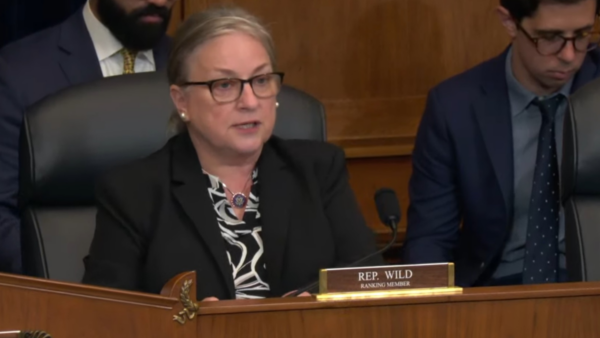The government of President Gabriel Boric in Chile suffered a major, unexpected defeat yesterday when the lower house of Congress rejected the administration’s tax reform proposal by a narrow 71-73 vote, with 3 representatives abstaining.
The defeat will massively complicate Economy Minister Mario Marcel’s efforts to finance the government’s spending plans, as it hoped to raise more than 3 percent of GDP in increased tax revenue for the country’s central administration.
“This was a victory for ideology over pragmatism and dialogue,” Mr. Marcel said after the decision.
Among the most opposed reform articles was a proposal to create a 1 percent yearly wealth tax, forcing individuals with USD 4.9 million in assets to pay 1 percent of their total wealth to the taxman each year, rising to 1.8 percent per year from USD 14.7 million onwards.
Overall, this item would have raised the equivalent of 0.4 percent of GDP per year in revenue, in addition to 0.8 percent per year from increased income taxes and 1.6 percent per year from new anti-evasion measures.
Parallel bills that have not been voted on by Congress — but which are also considered part of Mr. Marcel’s reform program — also seek to introduce new mining royalties, as well as new taxes on polluting activities, unhealthy foods, and more.
Votes against the proposal were expected from the right and center-right in Chile, but the lack of support from independents and the Green Ecologist Party ultimately guaranteed defeat.
A heated verbal exchange between Education Minister Marco Antonio Ávila and Green Ecologist Party lawmaker Viviana Delgado — during which the latter fainted due to health problems — contributed to the surprise result, as the Greens decided to cut off all support to the government and demanded Mr. Ávila’s resignation.
The government still has the theoretical chance to reverse the result if it can get two-thirds of the votes in the Senate, but such a scenario is unlikely, meaning that the bill will have to wait a year before being reconsidered.


 Search
Search











































